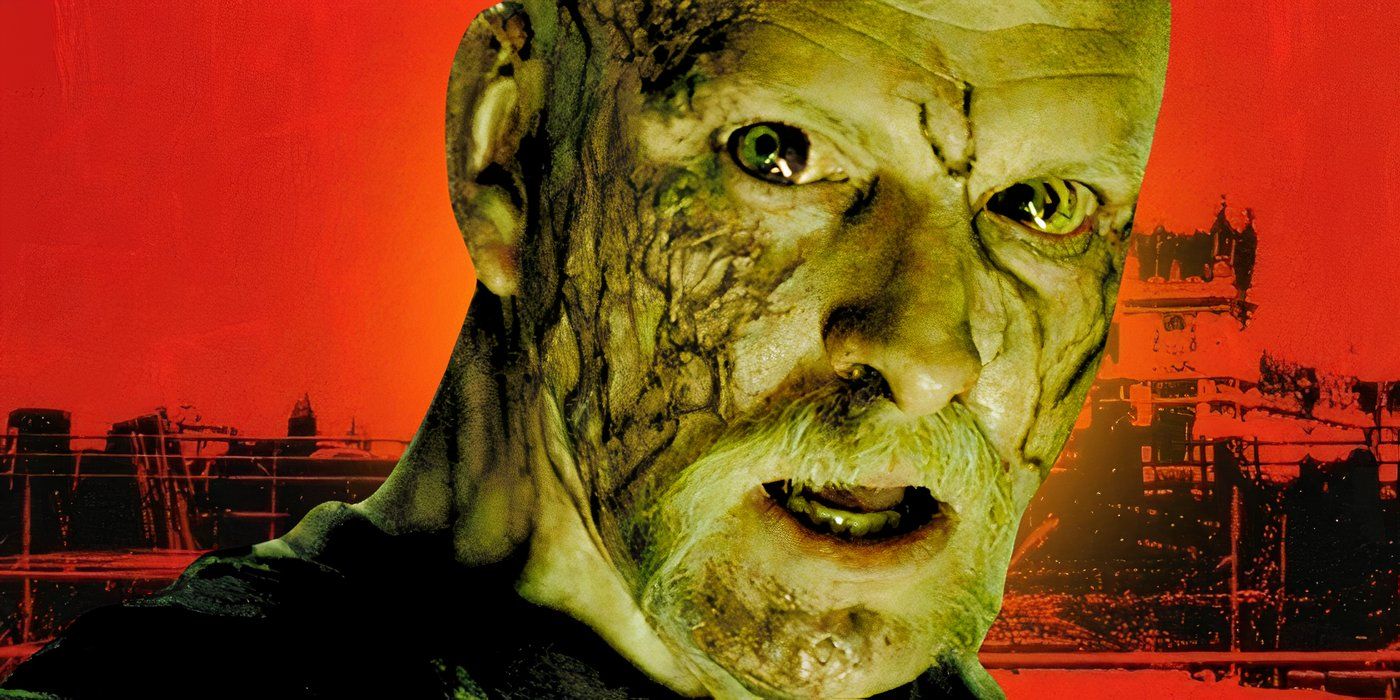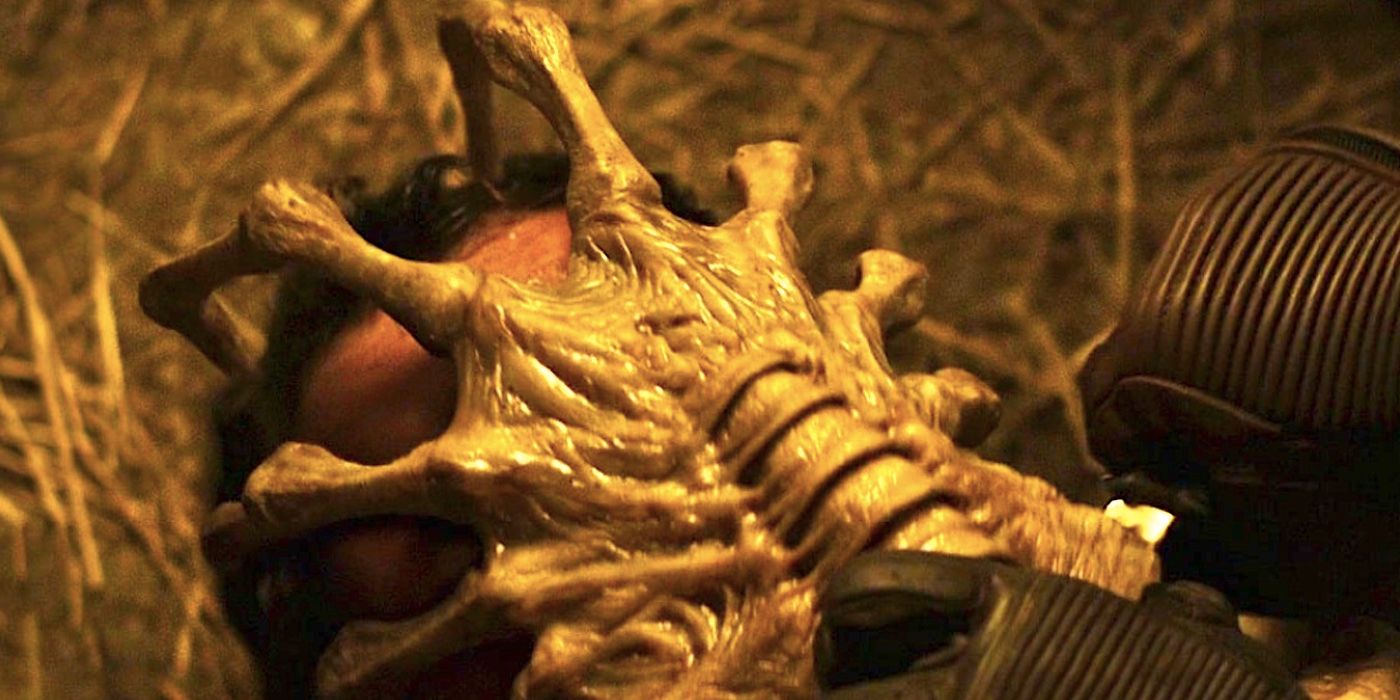Summary
- Blade Runner 2099 plans to reinvent the franchise by focusing on a female replicant at the end of her lifespan.
- Alien: Romulus aims to change the facehuggers in a way that feels true to the original franchise lore.
- Blade Runner 2099 could update replicants in organic ways, exploring the differences between humans and AI.
Ridley Scott’s other big sci-fi franchise reboot should take some cues from Alien: Romulus when it comes to reinventing the series. The upcoming Prime Video series Blade Runner 2099 is set 50 years after the events of 2017’s sequel, Blade Runner 2049. The sequel series will star Michelle Yeoh as a replicant at the end of her lifespan, and the show will be the second reboot of a famous sci-fi franchise originally started by legendary director Ridley Scott. 2024’s upcoming Alien: Romulus aims to reinvent the sci-fi horror franchise with a standalone story set between Alien and Aliens.
Although the Alien franchise’s chronology is messier than the Blade Runner series, updating either franchise is a tricky proposition for filmmakers. Scott’s singular style made both 1979’s Alien and 1982’s Blade Runner cult classics, and it would be difficult for any filmmaker to live up to the outsized reputation of the original movies. However, Alien: Romulus avoided horror franchise reboot mistakes since its inception by dropping Sigourney Weaver’s Ripley, and Blade Runner 2099’s choice to focus on a female replicant as its main character is already a breath of fresh air for the series.
Alien: Romulus Is Changing Its Facehuggers In Exciting Ways (That Stay True To The Source)
Fede Alvarez’s Upcoming Reboot Is Revolutionizing Alien’s Franchise Lore
Blade Runner 2099 could change the franchise’s replicants in ways that feel unexpected but fitting for the series, much like Alien: Romulus promises to reinvent the classic facehugger. The earliest teasers for Alien: Romulus feature facehuggers running through spaceship hallways by the dozens, something that the franchise’s heroes have never faced before. Although this is a new idea, it fits the established world of the movies and the Xenomorph’s usual modus operandi. As such, this potentially contentious change is more exciting than Ripley’s potential Alien: Romulus return or any other nostalgic promises the reboot could have made instead.
This could provide Blade Runner 2099 with a perfect blueprint to follow as the series balances fidelity to the original movie and the need for narrative innovation. It is easy for reboots to get bogged down by existing lore, as proven by the failed attempts to revive the Terminator movies. Director James Cameron’s series struggles to win over viewers since its newer movies rarely update the premise of the original in a way that feels natural within the world of the series. In contrast, Blade Runner 2099 and Alien: Romulus can stay true to their predecessors while still changing things up.
Blade Runner 2099's Replicants Could Also Be Updated In Organic, Interesting Ways
The New Blade Runner Sequel Can Reinvent The Franchise’s Replicants
Much like Ridley Scott's own Alien prequels introduced new variations on the Xenomorph, Blade Runner 2099 can change the replicants seen in earlier Blade Runner movies. The series can delve deeper into the differences between humans and replicants and question whether these differences matter. Blade Runner 2099 could reveal whether all replicants possess superhuman strength, or if this is unique to only some models, or reveal that some replicants have evolved to pass the Voight-Kampff Test. In the process, the sci-fi TV series could follow the promising lead of Alien: Romulus, the earlier forthcoming Ridley Scott franchise reboot.






